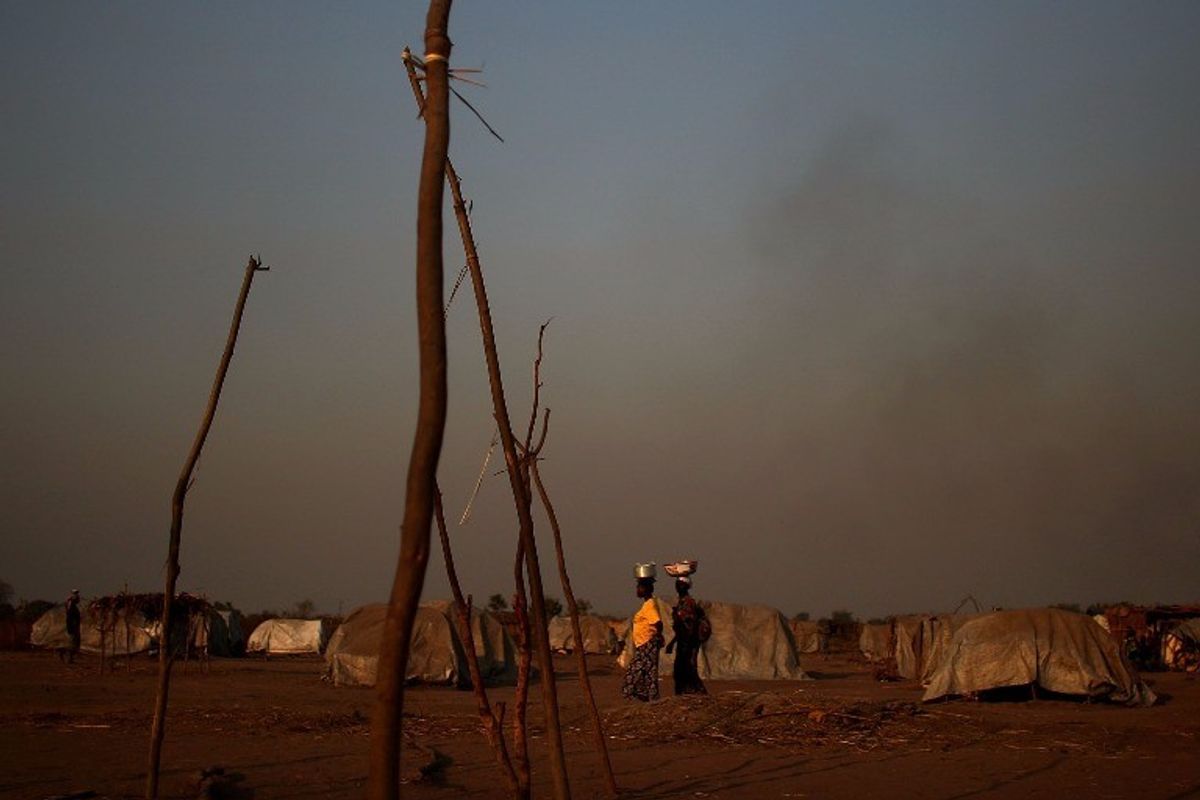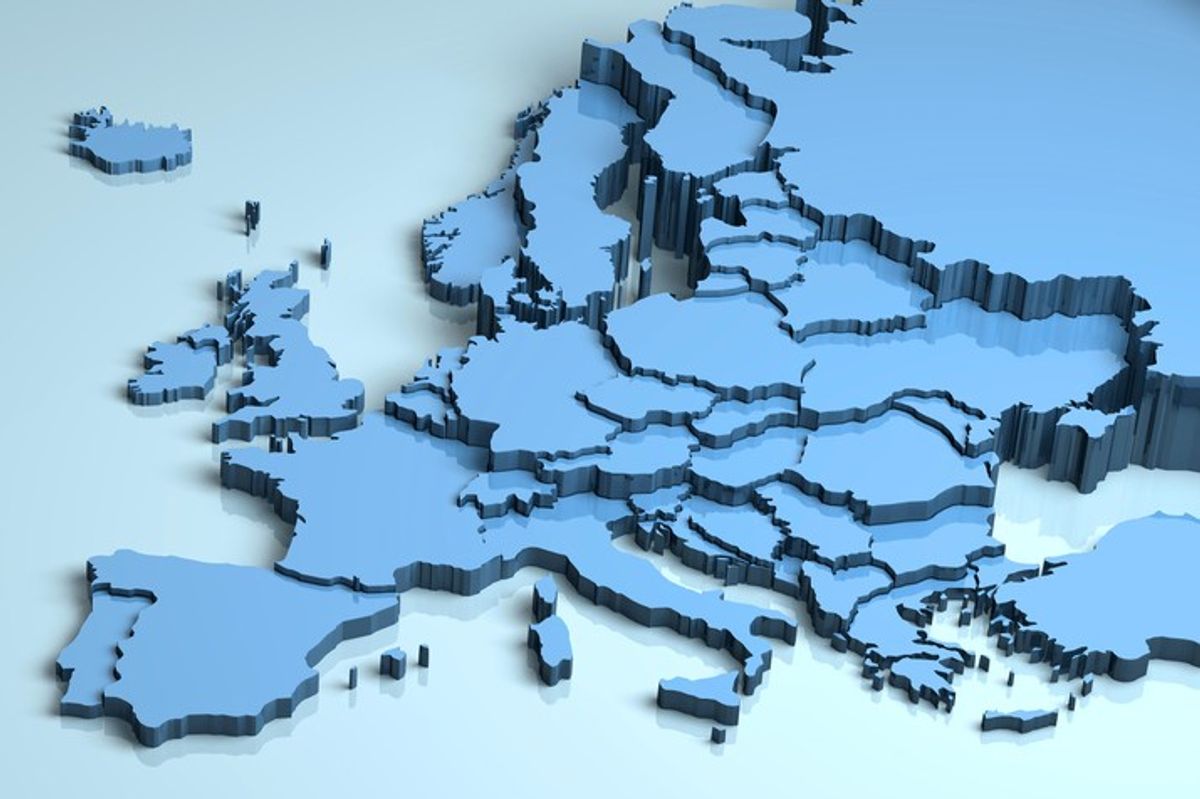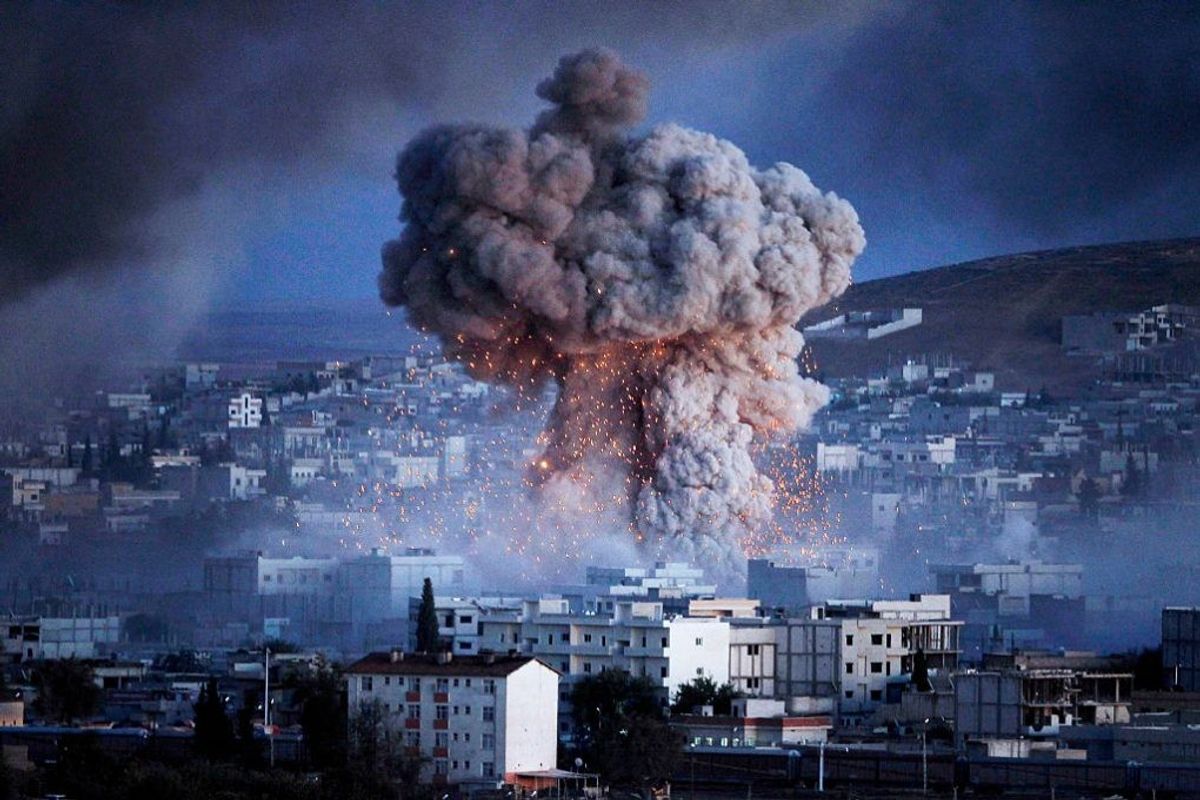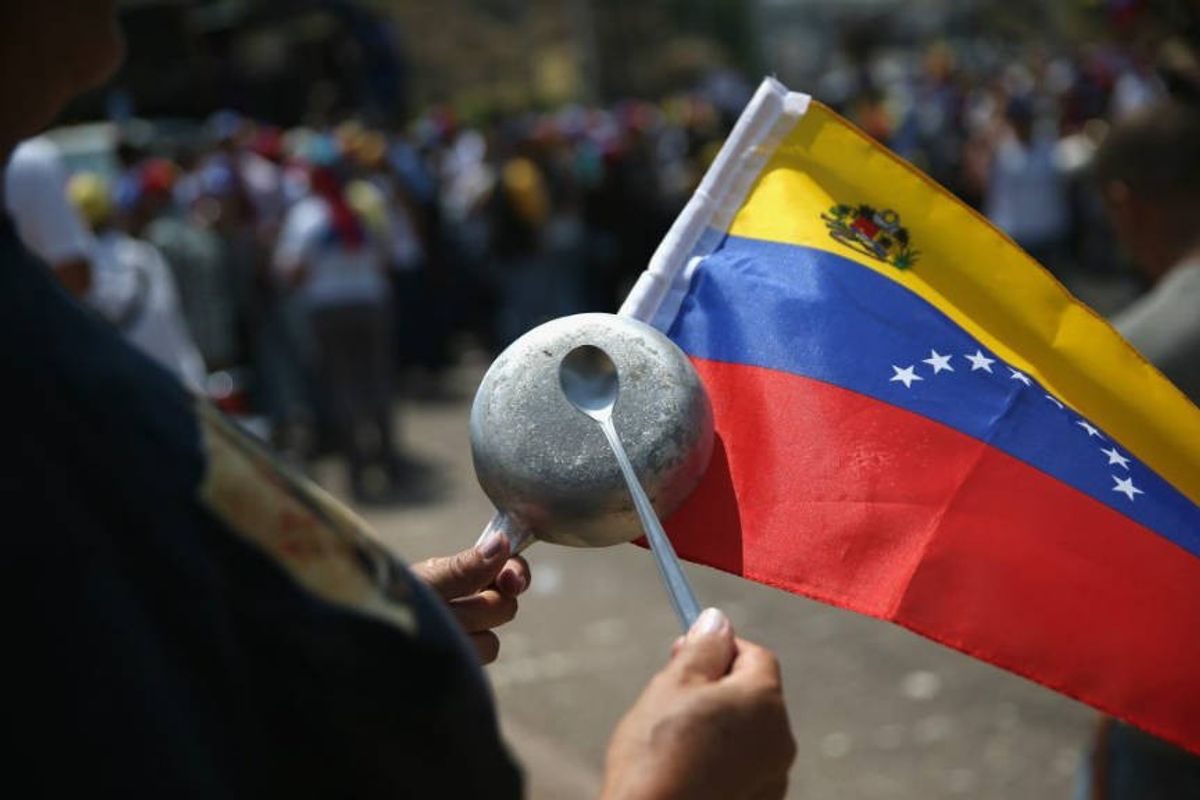With alleged corruption permeating the South African government and protests spreading across the country for President Jacob Zuma to go, some outside observers view the once up-and-coming African nation as on the road to downfall. The Cipher Brief’s Kaitlin Lavinder spoke with the University of Johannesburg political scientist Steven Friedman, who says that is not the case.
The Cipher Brief: Is South Africa unstable or moving toward instability?
Steven Friedman: No, South Africa is not unstable nor is it moving to instability. South Africa is a segmented society – the difference between the townships and shack settlements where the majority lives, on the one hand, and the suburbs and business districts, on the other, is immense. In the townships, protest has been a reality since the early 1970s, with a brief break of three years from 1994 when democracy was achieved. This obviously makes life difficult for people who live there, but it has not spilled over into the suburbs and business districts, and there is no reason to believe it will. People in these areas are expressing their unhappiness with the governing party by voting against it, not by trying to overthrow it. There is no reason why people who can use the vote to express themselves need to consider trying to overthrow the government.
TCB: What’s the argument for the opposite – that is, how could you make the case that South Africa is relatively unstable, which some people do?
Friedman: The case that it is not is based on a very deep-seated fear among most whites, adopted by some black middle-class people, that majority rule in Africa always fails and that some kind of violent upheaval here is inevitable. It is an emotional response based on years of upbringing, not a considered analysis.
TCB: Some outside observers see the country as more unstable than others say. What are perceptions of South Africa’s stability in places like the United States, China, and other major world powers?
Friedman: I obviously agree that the country is more stable than many in Western Europe and North America think. Many of the perceptions of South Africa in these countries are based on contacts with South Africans who harbor these fears, or with media whose journalists harbor them. This is reinforced by the fact that many people in these countries share the same skepticism about majority rule in Africa as middle-class South Africans do.
TCB: How do perceptions affect actual stability on the ground?
Friedman: Perceptions make people in the suburbs very nervous but they don't affect stability on the ground because the people who harbor the fears don't live in the places where people who could threaten stability – but don't – live.
TCB: Any final thoughts on the status quo in South Africa right now?
Friedman: The country is paying a political and economic price for not accompanying political reform with structural, social, and economic reform. This means that economic growth is weak and economic conditions are difficult for many people. An important political contest is under way which may decide whether these problems will be addressed. But the society's institutions – free elections, an independent judiciary, and free media – are very strong in the mainstream areas where the key political and economic actors operate, and so the tensions will be resolved by democratic politics.











